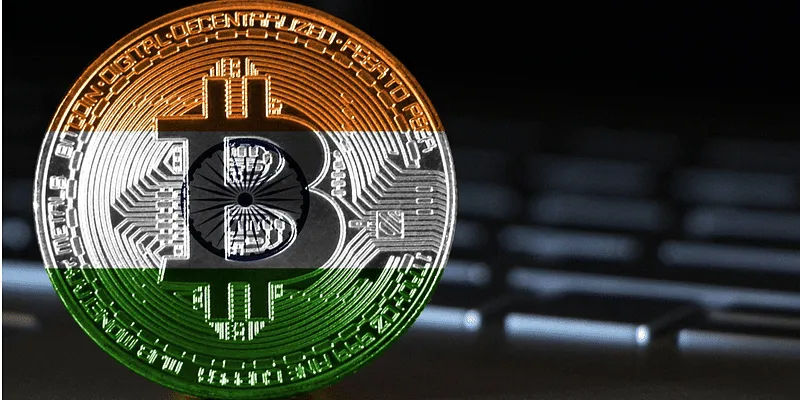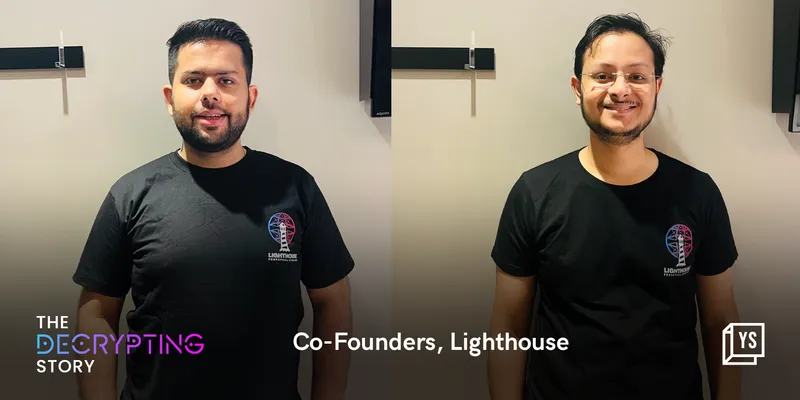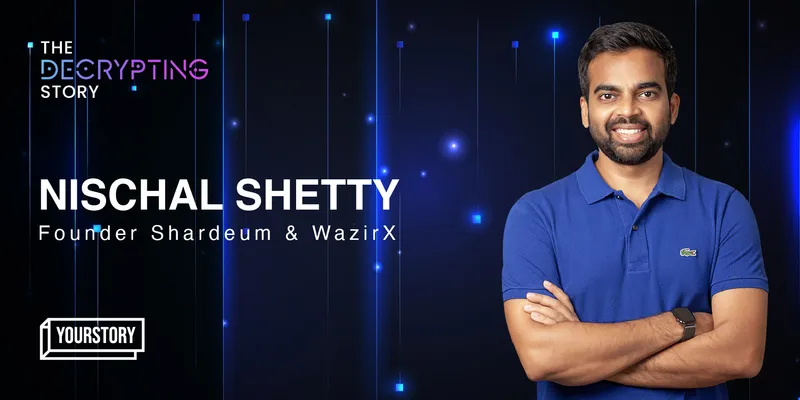Rise in blockchain, cryptocurrency jobs since 2018: NASSCOM
Read about this week's developments, news, and trends in the Web3 ecosystem.
According to a NASSCOM report, India has emerged as a leading global player in the Web3 market, with a competitive talent pool, high rates of adoption, and products built for the world.
The survey highlights key Web3 trends, challenges, and investment thesis, and gives an overview of the recent developments in the Indian Web3 ecosystem.

Overview of the Indian Web3 ecosystem:
According to the report, 11% of the global Web3 talent is from India, and there has been a 138% increase in blockchain and cryptocurrency-related jobs since 2018. Also, 60% of the Indian Web3 startups are registered outside the country, but they hire tech workforce from India.
Projects led by Indian founders such as Ethereum scaling solution and institutional crypto trading platform have emerged as global leaders in the Web3 space.
However, despite having a large talent pool and favourable investors, growth and development have been slow due to regulations, the report said.
Web3 discovery fund for emerging blockchain startups
Despite tumbling markets and multi-million hacks shaking the crypto world, Web3 startups in India have continued to attract investment.
Betting on this momentum, crypto exchange launched a Web3 Discovery Fund in August to support over 100 early-stage startups in the country to become self-reliant rather than taking cues from companies elsewhere.
Co-founder and CEO Ashish Singhal says that he envisions India being at the forefront of Web3 development.

Ashish Singhal, Co-Founder & CEO CoinSwitch
How does it work?
Ashish envisions the Discovery Fund operating more proactively, helping entrepreneurs seek not just capital but also the right expertise and mentorship to shape their ideas. To this end, it has roped in , a Web3 startup incubator, to strengthen ecosystem connections.
It has interacted with more than 80 early-stage Web3 startups, which are in different stages in terms of team size, ranging from five members to 30 members.
A decentralised storage
Today, Amazon Web Services (AWS), Google Drive, and Dropbox are popular storage options. However, one cannot store files and documents on these services for free indefinitely.
What if users could pay only once and store their files for as long as they want? Enter , a blockchain startup helping users to store files in a decentralised manner, allowing customers to pay only once and store files forever.

What does it do?
Founded by Nandit Mehra, Lighthouse Storage enables users to interact with, pay for storage, and get a verifiable record of storage through Ethereum, Polygon, BNB Chain (previously BSC), Fantom, Optimism, and more.
Earlier this year, it raised undisclosed funding from Long Hash Ventures, Protocol Labs, and NGC Ventures. Balaji Srinivasan is also an angel investor in the startup.
The startup facilitates permanent storage of files on Filecoin—a system of persistent data storage built on IPFS (InterPlanetary File System), a decentralised network to store, request, and transfer data.
Web3 community platform for women
While the internet can be an exciting place to be, it can also become a hostile space, especially for women. Noticing this, former Zee5 CEO Tarun Katial approached his colleagues Aparna Acharekar and Rajneel Kumar to build a safe space for women online.
Thus, coto was born. At the outset, it is a Reddit-like community platform that offers support, resources, opportunities, and interactions for anyone seeking it.
Members can join various communities such as Unstereotype Us, where users discuss periods, menstrual health, careers, relationships, achievements, and moments. Just like any other social media platform, they can also post content, comment, clap, report, discuss, and connect with other users, and are encouraged to share their life stories with others.

Keeping it safe:
Safety is an important feature for coto. Hence, it is employing Polygon’s Zero Knowledge (ZK) technology for an added layer of security. (It is an Ethereum Layer 2 scalability solution that uses cryptographic zero-knowledge proofs to offer validity to the off-chain transaction).
It is also ensuring a safe space for trans and non-binary people. In this regard, it is working on a referral programme to help onboard new users on the app.
Metaverse shopping experience
Earlier this week, ecommerce marketplace Flipkart announced the launch of Flipverse—a metaverse space where consumers can discover products on a photorealistic virtual destination and shop on .
For this, it has partnered with eDAO, a Polygon-incubated firm that designs and launches global art, media, and entertainment projects at scale in Web3.

What is Flipverse?
Flipkart's Flipverse will offer gamified, interactive, and immersive shopping experiences for consumers in a digital world.
It will enable access to brands, supercoins, and digital collectibles. Brands, including Puma, Noise, Nivea, Lavie, Tokyo Talkies, Campus, VIP, Ajmal Perfumes, Himalaya, and Butterfly India, will be part of Flipverse.
This metaverse shopping experience aims to transform ecommerce from 2D static product catalogues to real-time experiences that allow users to ‘walk’ around a store and enjoy 3D-rendered store displays.
Shardeum to target emerging markets
Earlier this week, Ethereum Virtual Machine (EVM)-compatible sharded blockchain Shardeum raised $18.2 million at a $200 million valuation. The round was led by Jane Street, Struck Crypto, The Spartan Group, Big Brain Holdings, DFG, Ghaf Capital Partners, and Foresight Ventures.
Co-founded by Nischal Shetty and Omar Syed in 2022, Shardeum is a Layer 1 blockchain looking to resolve the two main problems of blockchains today: limited throughput and high gas or transaction fees.

More on the fundraise:
With the fresh capital, is now looking to expand its team globally. “The idea is to hire more people and expand the team on the tech, business, and marketing side of things. We've got a good, distributed team from India, the US, Myanmar, Brazil, Japan, and the UK,” said Nischal Shetty.
Shetty believes that crypto and Web3 adoption is growing in emerging markets like Vietnam, India, Ukraine, Africa, Southeast Asia, and Latin America. However, despite high demand in these markets, it is still expensive to trade, hence the startup intends to keep the fees low to make Web3 accessible to people in emerging markets.
Edited by Suman Singh







